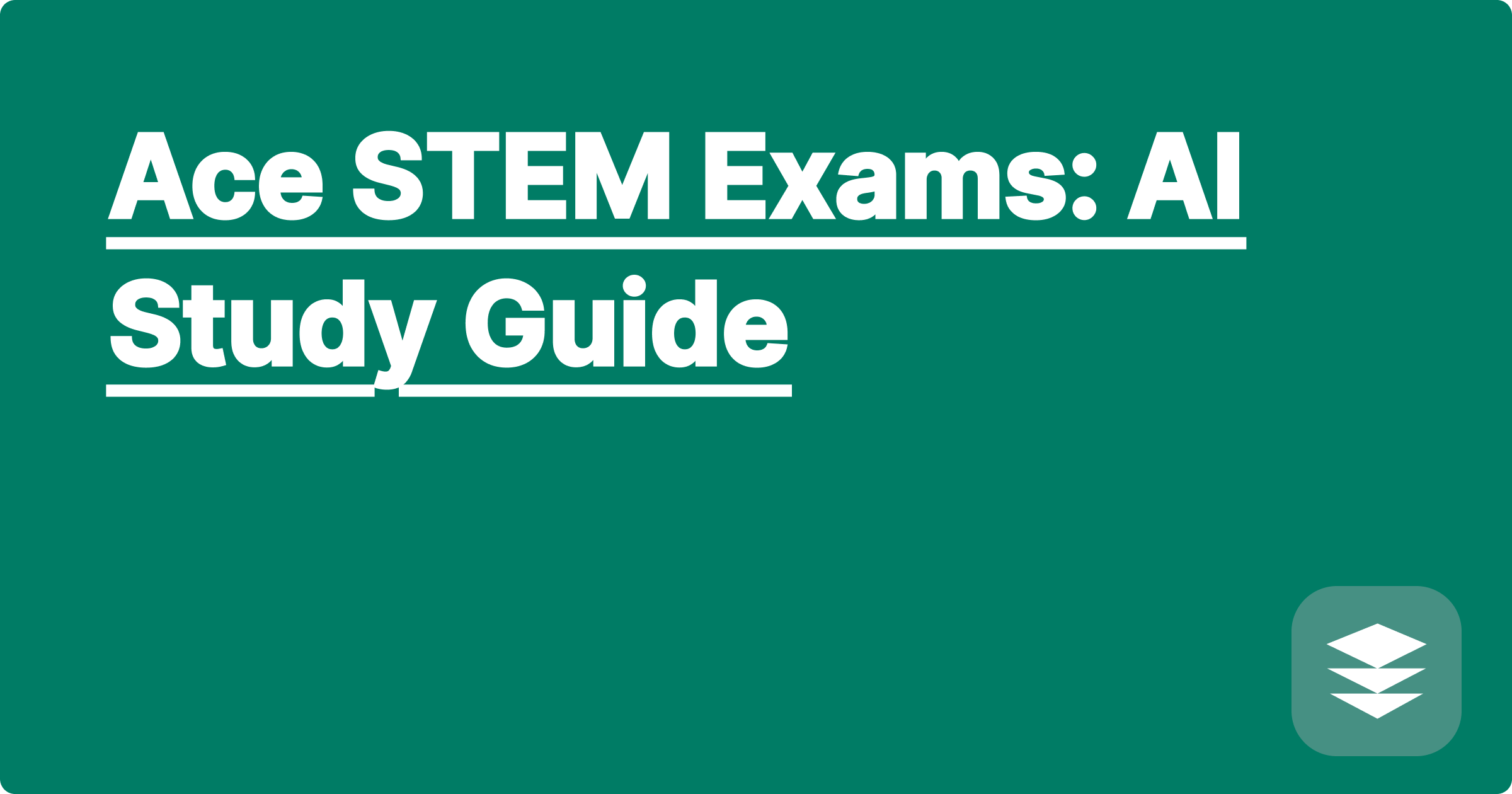
The demanding nature of STEM education and research presents a significant challenge for students and researchers alike. The sheer volume of information, complex concepts, and rigorous problem-solving requirements can often feel overwhelming. Fortunately, the rise of artificial intelligence offers powerful new tools to navigate these challenges. AI can provide personalized learning experiences, streamline research processes, and ultimately enhance understanding and productivity in STEM fields.
This is particularly relevant for STEM students and researchers facing the pressure of exams and deadlines. Mastering complex subjects requires not just memorization but also deep conceptual understanding and the ability to apply knowledge to novel problems. AI can be a game-changer in this context, offering personalized tutoring, sophisticated problem-solving assistance, and efficient ways to synthesize and organize information. Embracing these tools can significantly improve academic performance and accelerate research progress.
STEM exams often assess a student's ability to synthesize information from various sources, apply theoretical concepts to practical problems, and demonstrate proficiency in complex calculations and derivations. Traditional study methods, like rote memorization and reviewing lecture notes, can be time-consuming and often fail to foster deep understanding. Furthermore, research in STEM fields involves extensive literature reviews, data analysis, and the development of new models and algorithms. These tasks can be incredibly complex and demand significant time and effort. The challenge lies in efficiently processing large amounts of information, identifying key concepts, and applying them effectively to solve complex problems. This requires not only strong analytical skills but also effective strategies for managing information overload and optimizing learning and research workflows.
AI-powered tools like ChatGPT, Claude, and Wolfram Alpha offer a revolutionary approach to STEM education and research. ChatGPT and Claude, for example, can be used to generate personalized study guides, explain complex concepts in simpler terms, and provide practice questions tailored to specific learning needs. These tools can also assist in brainstorming research ideas, summarizing research papers, and even generating drafts of technical documents. Wolfram Alpha excels in computational tasks, providing step-by-step solutions to complex mathematical problems, visualizing data, and offering access to a vast knowledge base of scientific facts and formulas. By integrating these tools into their workflows, STEM students and researchers can significantly enhance their learning and research capabilities.
To leverage AI effectively for exam preparation, start by identifying the key concepts and topics covered in the syllabus. Then, use ChatGPT or Claude to generate concise summaries of these topics, focusing on the core principles and their applications. You can also ask these AI tools to create practice questions and provide feedback on your answers. For complex mathematical problems, Wolfram Alpha can be invaluable. Input the problem into Wolfram Alpha, and it will not only provide the solution but also show the step-by-step derivation, allowing you to understand the underlying logic. To prepare for research tasks, use these AI tools to summarize relevant research papers, identify key findings, and explore potential research gaps. By iteratively refining your queries and exploring different AI tools, you can optimize your learning and research process.
Consider a student preparing for an electrical engineering exam covering circuit analysis. They could use ChatGPT to explain Kirchhoff's laws and then ask for practice problems involving circuit calculations. For instance, they could ask, "Explain Kirchhoff's Voltage Law and provide a practice problem involving a circuit with two voltage sources and three resistors." ChatGPT would then generate an explanation and a tailored problem. The student could then use Wolfram Alpha to solve the circuit equations and verify their solution. In a research context, a researcher studying the properties of a specific material could use Wolfram Alpha to access relevant physical constants and formulas. They could also use ChatGPT to summarize recent research papers on the topic and identify potential areas for further investigation. For example, a query like "Summarize recent research on graphene-based transistors" would provide a concise overview of the current state of the art.
To maximize the benefits of AI in STEM education and research, it's essential to develop effective strategies for using these tools. Always critically evaluate the information provided by AI, cross-referencing it with reliable sources and textbooks. Focus on understanding the underlying concepts rather than simply memorizing the answers generated by AI. Use AI tools to supplement your learning and research, not as a replacement for traditional methods. Experiment with different AI tools to find the ones that best suit your needs and learning style. Finally, stay updated on the latest advancements in AI and explore new ways to integrate these tools into your workflow.
To conclude, AI offers a powerful suite of tools to enhance learning and research in STEM fields. By understanding the capabilities and limitations of these tools and integrating them strategically into your workflow, you can significantly improve your academic performance and research productivity. Start exploring these tools today and unlock their potential to transform your STEM journey. Embrace the power of AI to navigate the complexities of STEM and achieve your academic and research goals.
AI Homework Help: STEM Solutions
Ace STEM Exams: AI Study Guide
AI for Labs: Data Analysis Made Easy
AI Solver: Physics Homework Made Simple
Master Math: AI Study Companion
AI in Engineering: Design Optimization
AI for Chemistry: Homework Ace